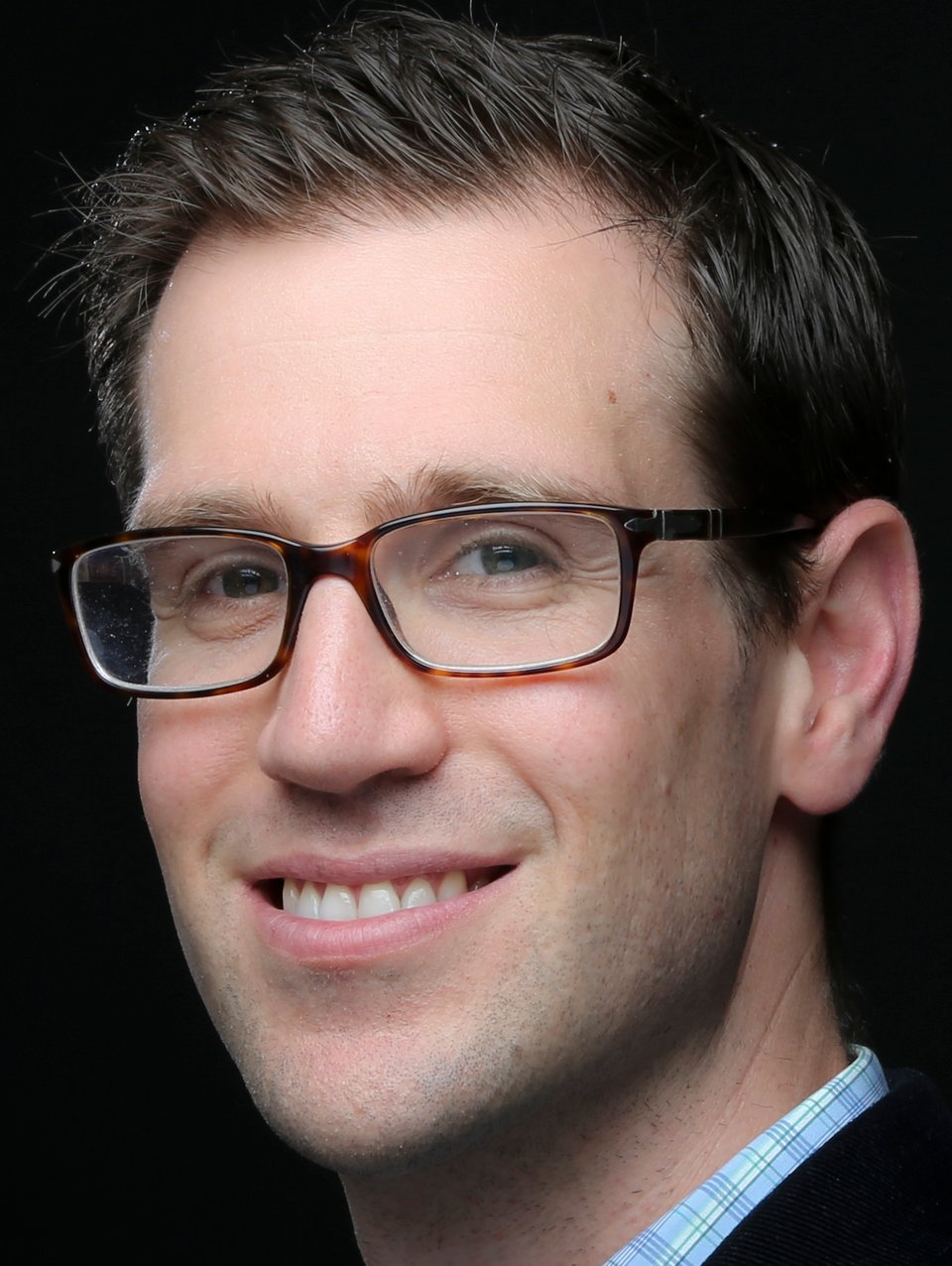Controversial proposal seeks to shift medical training focus from expertise to values
Currently a panel supported by the Royal College of Physicians and Surgeons of Canada and the College of Family Physicians of Canada (CFPC) are seeking a change in the framework that guides how doctors are trained and, indeed, how they are to be judged throughout their careers. The panelists have put forward a proposal arguing that medical expertise be de-emphasized to instead prioritize a certain set of values: anti-colonialism, anti-racism, anti-oppression. While this might sound like ivory tower navel gazing, it is not a trivial issue. The proposed change would completely alter how we train medical students. The document states that this change must be implemented “with teeth.” This could be interpreted to mean that whether doctors are considered ready to practice in Canada would be based more on their abilities to identify systemic bias and advocate for social change than their abilities to diagnose and treat ill-health.
The proposal ignores that medical expertise—borne of deep knowledge of pathophysiology and years of experience working with those living with illness—is the special attribute that physicians bring to every table or clinical encounter. It also seems to misunderstand how medical expertise is defined in the existing framework, where it is not simply bio-medical knowledge, but described as the integrating lens for “applying medical knowledge, clinical skills and professional values in their provision of high-quality and safe patient-centred care.” In the zeal to encourage health-related advocacy the authors of the proposal seem to forget that physicians are best positioned to do this effectively when they bring credibility as medical experts. The proposed change might indeed help produce more advocates for policies that address injustice, and while there is a long and important history of physicians taking on such work, this is not the primary goal of medical training.
Read: POLL: Do doctors need to be activists or advocates as part of their job?
The core job of the physician has always involved compassionate delivery of diagnosis, prognosis and treatment. This is best done when the physician understands the patient’s biology as well as their biography. The importance of understanding how systemic issues can disadvantage patients is not in dispute. We all want to see the social determinants of health addressed, but no evidence exists to show how de-emphasizing medical expertise in the training of physicians will achieve this laudable goal.
Asserting that the values of anti-colonialism, anti-oppression and anti-racism should be the key goal of medical training (rather than producing physicians with the skills to apply medical expertise in a patient-centred manner) represents a threat to the identity of many physicians. There is no evidence that prioritizing these specific values would lead to better care or outcomes. Ensuring adequate clinical skills in motivational interviewing and trauma-informed care would be a more evidence-based option.
When viewed as a think-piece the proposal is a potentially useful spark to think more about all that it means to be a good doctor. The authors are to be commended for this. But if viewed as a policy-piece the proposal is impractical at best and a threat to quality of patient care at worst. At a time when millions of Canadians are struggling to find any doctor at all, panels led by Royal College and CFPC physicians should be laser-focused on solutions that help us work together to see more patients.
When people are ill, they trust their physicians to make the right diagnosis, to identify the right treatment and to implement it in a way that is right for them. As medicine becomes more and more complex, we need more emphasis on these clinical skills, not less.
Dr. Noah Ivers (@noahivers) is a clinician scientist in Toronto.

